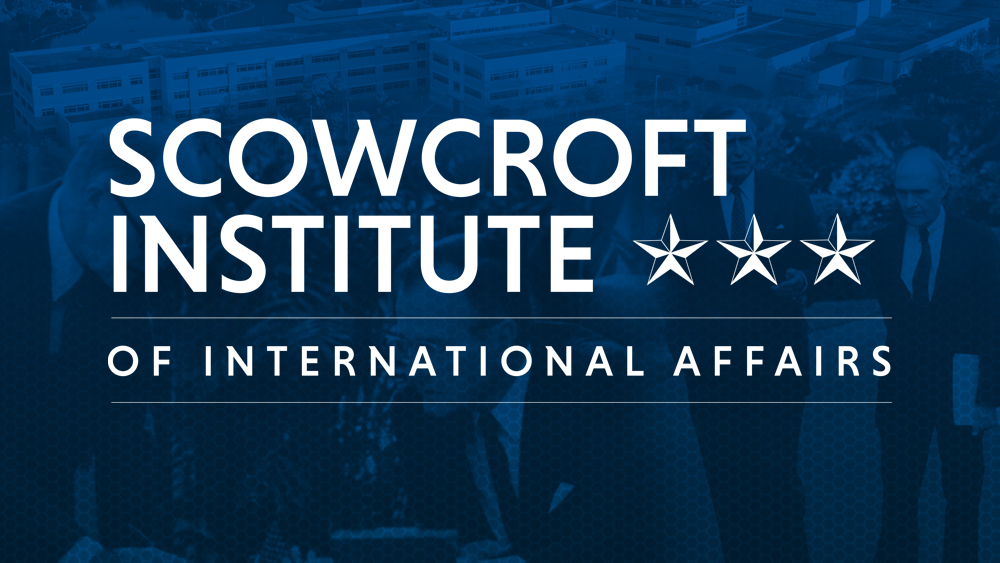
This past spring, Dr. Stephen Hadley, well known for his role as national security advisor under President George W. Bush, spoke on the importance of the national security advisor at a conference honoring one of the most esteemed men to have held the position, Brent Scowcroft. In his speech, Hadley said that Scowcroft defined the important role of national security advisor with the “Scowcroft Model”: Be an “honest broker,” running a fair, transparent, and inclusive process for bringing issues to the president; maintain the confidence of your national security colleagues; keep a low public profile, operating largely off stage; and give your advice privately to the president. This approach best serves the president and enhances the prospects for a sound foreign policy.
In the inaugural issue of a series prepared by the Scowcroft Institute of International Affairs, the text of Hadley’s speech provides a deeper understanding of the role of the national security advisor from a man who held the position during President George W. Bush’s second term. With intimate details of Hadley’s time in the Bush 43 administration and recommendations for future national security advisors based on the tenure of Brent Scowcroft, readers gain a better understanding of one of the more consequential members of the president’s staff.
Lieutenant General Brent Scowcroft, USAF (Ret.), is the only person to serve twice as national security advisor, having served under Presidents Gerald Ford and George H. W. Bush. He also served as military assistant to President Nixon and as deputy assistant to the president for national security affairs to Presidents Ford and Nixon. He currently serves as president of the Scowcroft Group, a premiere international business advisory firm, in addition to his service on the President’s General Advisory Committee on Arms Control, the President’s Commission on Strategic Forces, the President’s Blue Ribbon Commission on Defense Management, and the President’s Special Review Board.
Hadley served for four years as national security advisor from 2005 to 2009. In that capacity, he was the principal White House foreign policy advisor to President George W. Bush, directed the National Security Council staff, and ran the interagency national security policy development and execution process. From 2001 to 2005, Mr. Hadley was the assistant to the president and deputy national security advisor, serving under National Security Advisor Condoleezza Rice. In addition to covering the full range of national security issues, Mr. Hadley had special responsibilities in several areas, including a US/Russia political dialogue, the Israeli disengagement from Gaza, and strategic relations with India.
To read the paper, please visit bush.tamu.edu/scowcroft/papers/hadley/.

